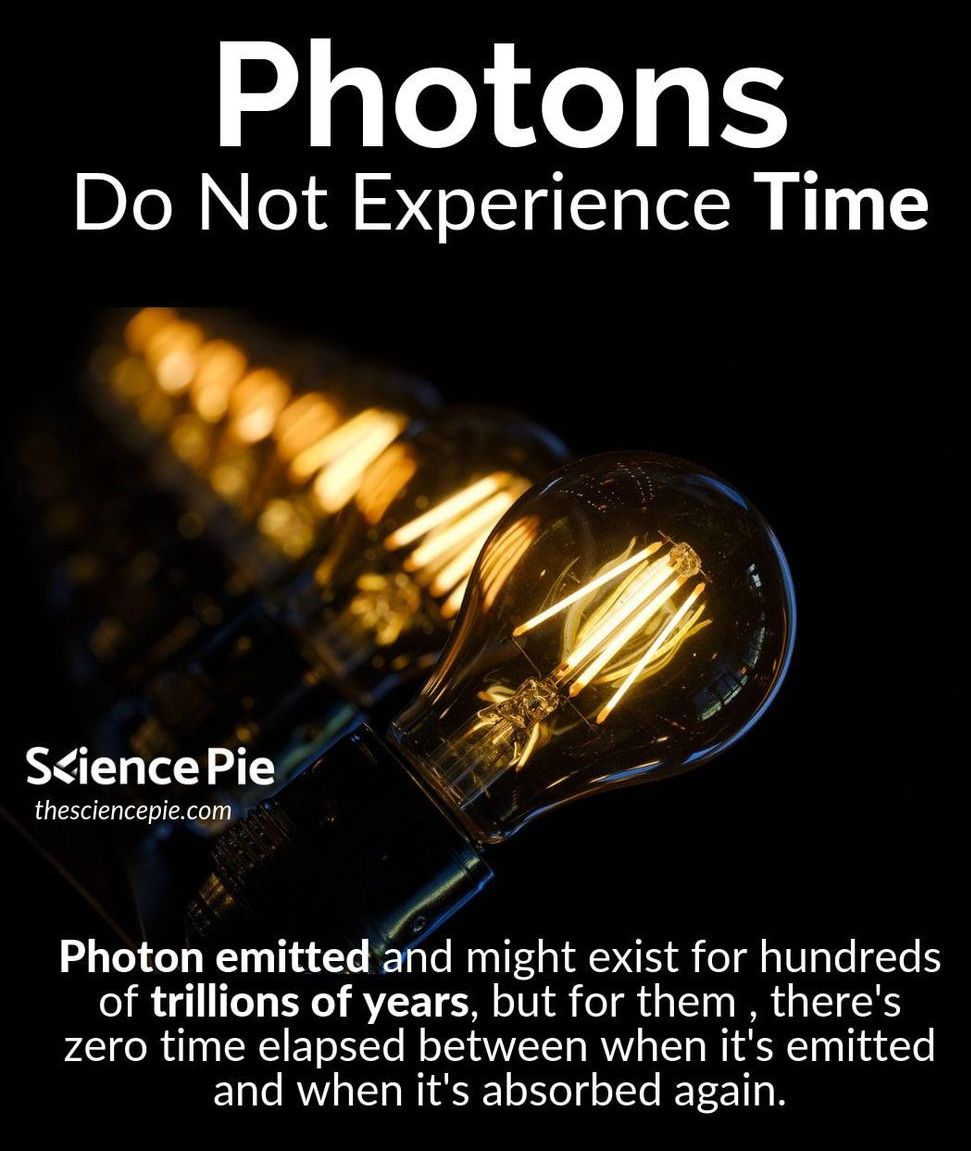Голливудские звезды Арнольд Шварценеггер, Сильвестр Сталлоне и Дольф Лунгрен сообщили, что не собираются стареть.
На видео, опубликованном в “Инстаграме”, три звезды блокбастеров заявили, что они “мужчины, которые не собираются стареть”.
Как сказал Сталлоне: “В самом деле, зачем? Мы просто веселимся. Стареть — это так некрасиво!”
При этом Сталлоне заслоняет рукой объектив и говорит, что его рука выглядит лучше, чем лицо Шварценеггера. Арнольд на это отвечает: “Он думает, что его рука лучше?! Да посмотрите, какой я красавец”.
Фанаты оставили под записью множество восторженных комментариев.
https://www.instagram.com/p/B0XMUUmHzsv/?utm_source=ig_embed…atch_again







